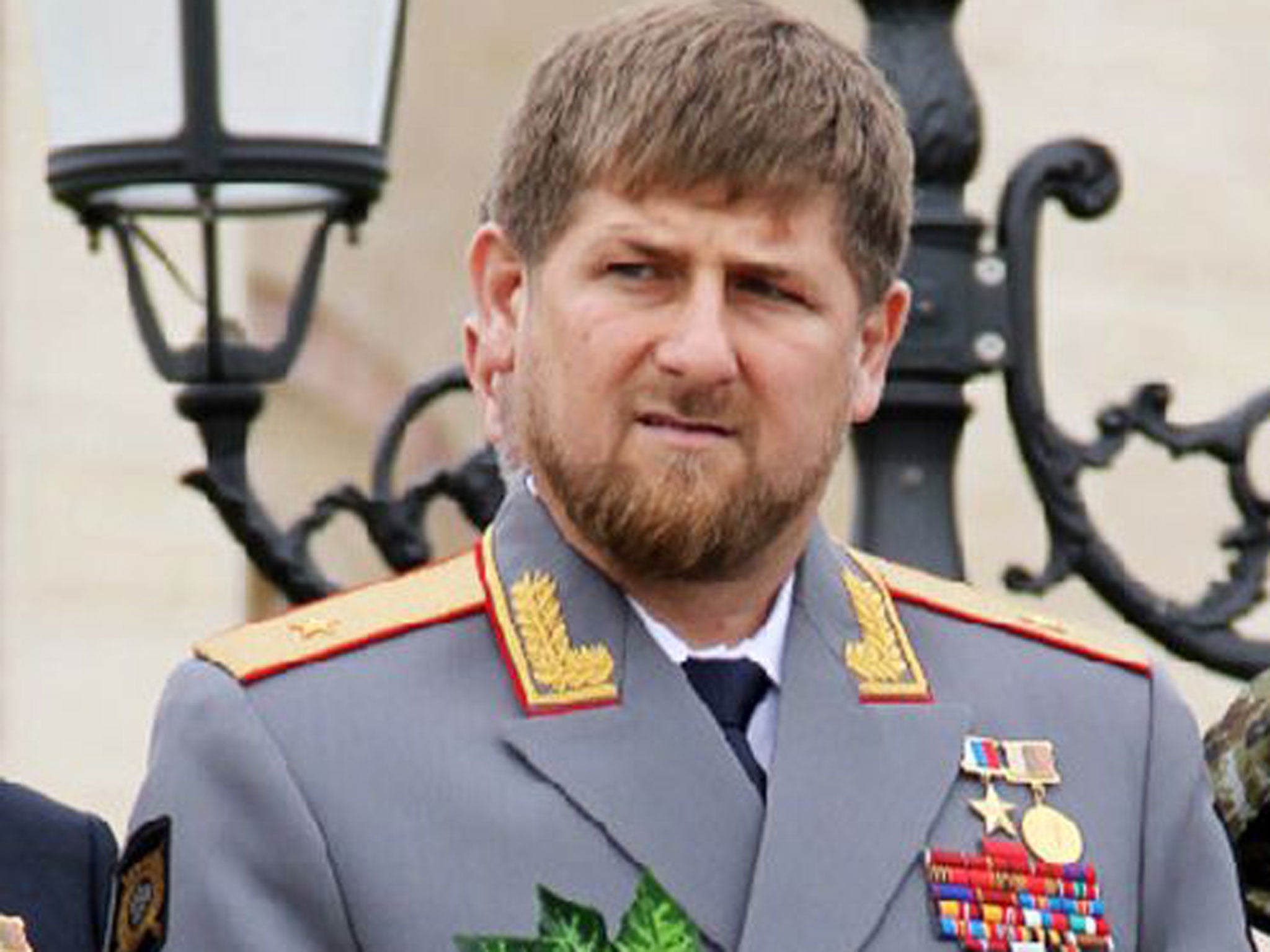Boston Marathon bombing: Independence, not Islam, has driven Chechnya's rebels
Violence has traditionally been aimed at Russia rather than the West

That the Boston bombings could have been carried out by Chechens is testament to just how far the Chechen struggle has come since the 1990s, when international jihadi elements were minimal and rebels were fuelled mainly by a desire for independence.
During the 1990s Chechnya became a byword for carnage and the horrors of war as Moscow savagely bombed the small territory to prevent it splitting away from Russia. Boris Yeltsin's army proved inept at warfare in the difficult terrain, however, and the region had a short period of lawless de facto independence from 1996-99, until the new President, Vladimir Putin, launched another war to bring the territory to heel once and for all.
He installed as leader Akhmad-Khadzhi Kadyrov, a local rebel who swapped sides to back the Kremlin. When he was killed by a bomb in 2004, his son Ramzan Kadyrov took over, and runs the republic to this day, using a mixture of generous handouts and brute force to quell violence in the region. Terrorist attacks, which used to be a regular occurrence, are now rare, and more frequent in the neighbouring republics of Ingushetia and Dagestan, where the father of the Tsarnaev brothers is believed to live.
Mr Kadyrov took to his favoured platform for public statements, the social network Instagram, to say that any attempt to link the Tsarnayev brothers to Chechnya was unfair. "They grew up in America, their views and convictions were formed there," he wrote. "The root of the evil should be sought in America." He also suggested that the killing of one of the brothers was suspicious. "It would have been logical if they had detained him and carried out an investigation," Mr Kadyrov wrote, a curious statement given the tendency to "liquidate" terrorists when they are found in Chechnya and other parts of the North Caucasus.
While there was always an Islamic element to the struggle, Chechens have traditionally followed a liberal, Sufi brand of Islam, and many of the leaders of the 1990s independence movement were secular. Even with the rapid growth of radical Islamism, with the horrific terrorist attack on schoolchildren at Beslan in 2004, and more recently on civilians at Moscow's Domodedovo airport in 2011, there has been a specifically anti-Russian bent to the terrorism. Those rebels who professed Islamist jihadi ideas would often express admiration for the West and the United States.
That has changed as more Chechen fighters have travelled to jihadi training camps, and the region itself has become more Islamised. Mr Kadyrov has led a campaign to enforce the wearing of headscarves by Chechen women, and has banned the sale of alcohol in the republic.
Oliver Bullough, the author of a history of the Caucasus, said: "During periods when state institutions have broken down or turn against them, the Chechens have traditionally turned to Islam to support them. This has been encouraged by the region's pro-Moscow rulers as a means to bolster their own legitimacy, resulting in an Islamification race between the two factions."
Although there are Chechens fighting in Syria, Afghanistan and other global conflicts, they have not traditionally been seen as a threat to US security, something which may well change in the aftermath of the marathon bombing.
Join our commenting forum
Join thought-provoking conversations, follow other Independent readers and see their replies
Comments
Bookmark popover
Removed from bookmarks